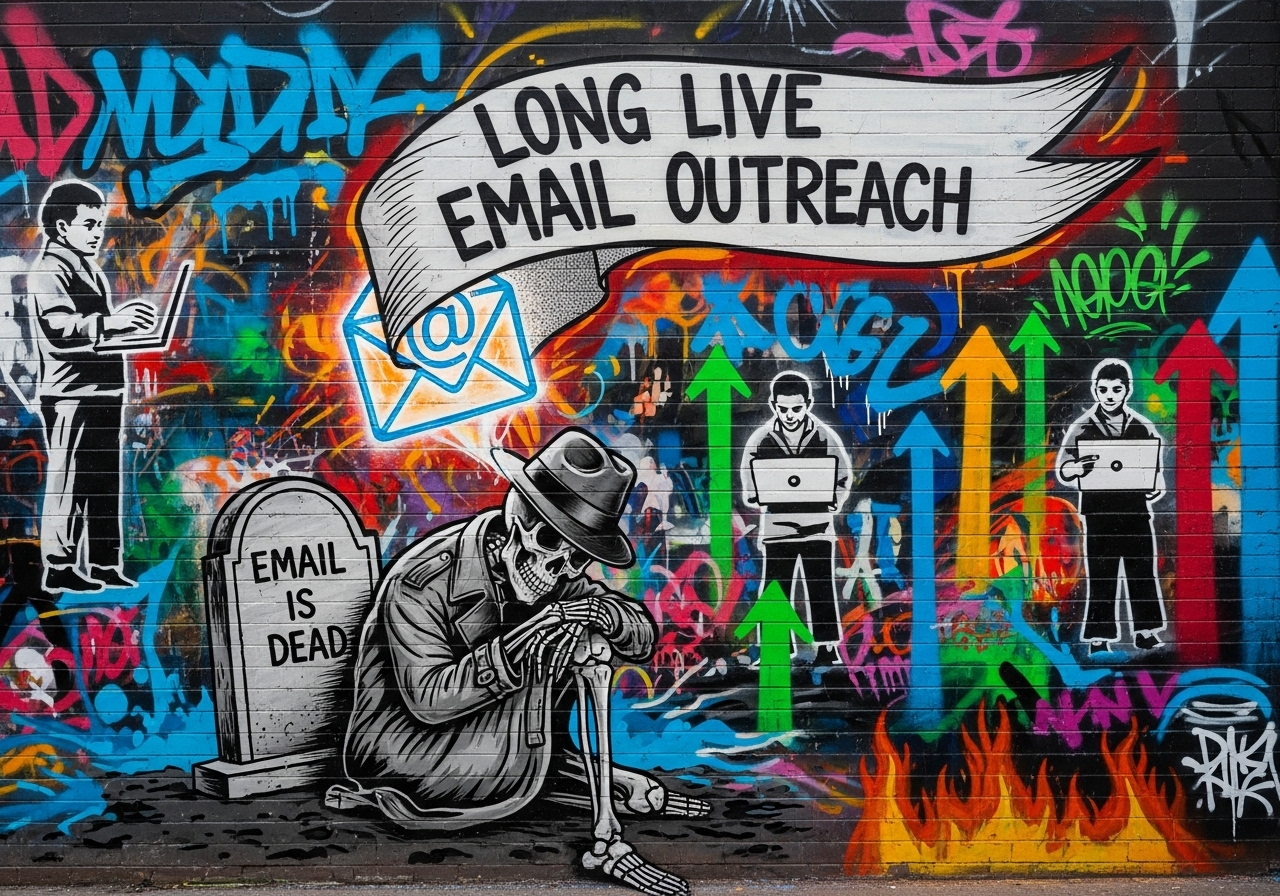Die fortschreitende Integration von Künstlicher Intelligenz, insbesondere durch spezialisierte KI-Agenten auf Plattformen wie LinkedIn, markiert einen Wendepunkt im B2B-Vertrieb. Weit über die simple Automatisierung von Nachrichten hinaus, ermöglichen diese intelligenten Systeme eine nie dagewesene Tiefe der Analyse und Präzision in der Kundenansprache. Sie agieren als unsichtbare Kollegen, die den Vertrieb nicht ersetzen, sondern ihn befähigen, sich von repetitiven Aufgaben zu lösen und sich auf den Kern seiner Kompetenz zu konzentrieren: den Aufbau strategischer, werthaltiger Geschäftsbeziehungen. Für zukunftsorientierte Vertriebsprofis und Führungskräfte geht es nicht mehr um das Ob, sondern um das Wie der Implementierung, um nachhaltige Wettbewerbsvorteile zu sichern und die Transformation von reiner Akquise hin zu echten Partnerschaften zu vollziehen.

The image of the pharmaceutical sales representative traveling to doctors' offices with a case of samples is a relic of the past. The digital transformation, accelerated by changing access to physicians and a paradigm shift in information-seeking behavior, is forcing the pharmaceutical industry to undertake a radical rethinking. The focus is no longer on pure product sales, but on the precise, needs-based provision of highly relevant medical knowledge. In this context, sales automation becomes a strategic tool that transforms sales from a reactive to a predictive discipline. The key challenge lies in understanding technology not as a substitute, but as an intelligent amplifier for the human expert, and in equipping one's own organization for this new era of knowledge management.

In an industry that, like no other, stands for the digital transformation of companies, a profound paradox reveals itself: many IT and system houses, masters at optimizing their clients' processes, neglect the digitalization of their own sales. While complex architectures for Industry 4.0 and data-driven business models are designed for externals, internal sales often resemble an analog wasteland. This article analyzes why the biggest challenge for IT houses is no longer technological excellence, but the construction of a proactive, intelligent sales architecture. It is a strategic necessity to now make the transition from reactive consulting to systematic market development with sales automation and artificial intelligence to secure future growth.
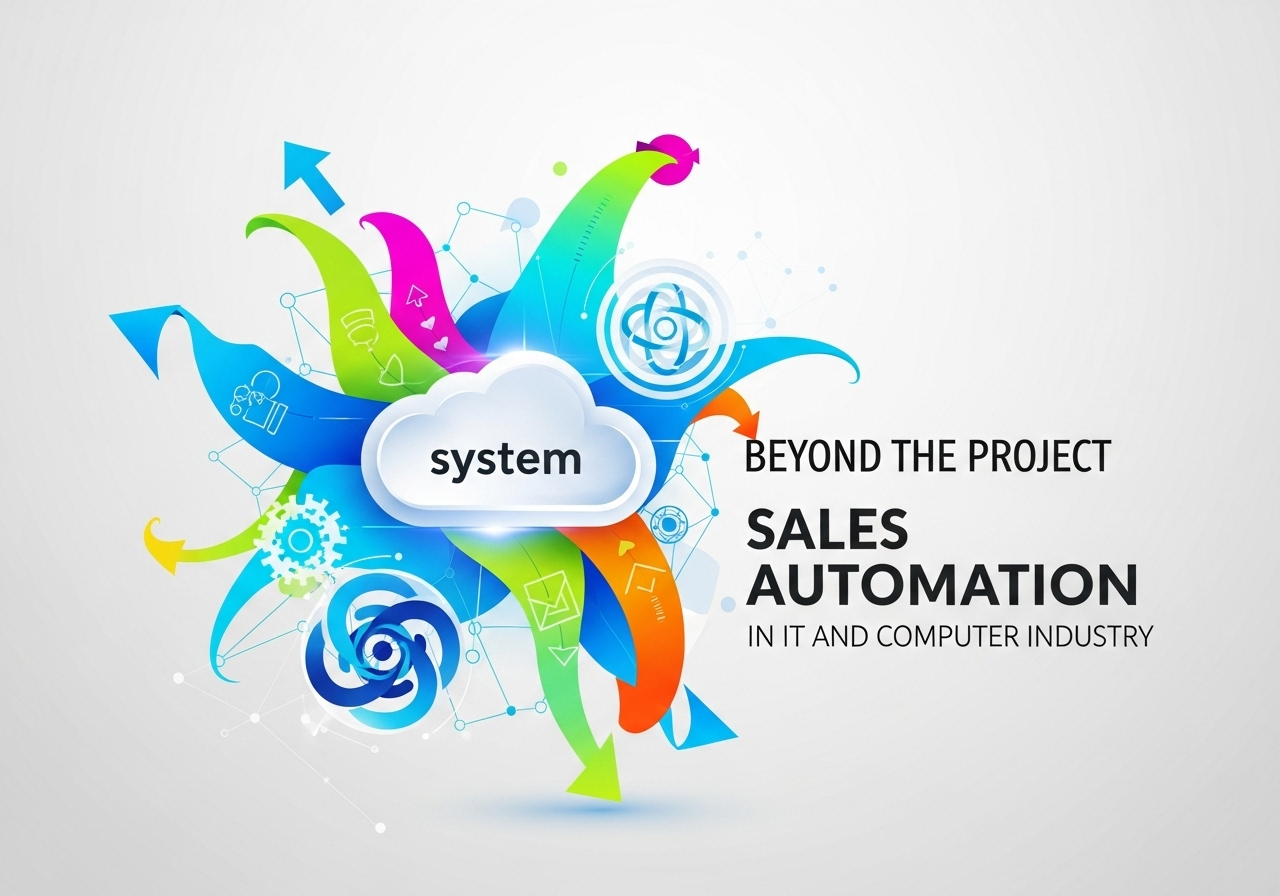
In the world of management consulting, trust is the most valuable currency, and the personal client relationship is the foundation of success. But how can this model be scaled without sacrificing the personal touch? Many consulting firms face the paradox of needing to grow, yet growth jeopardizes exclusive client care. The solution lies not in more personnel, but in intelligent technology. Strategically implemented sales automation is not a contradiction to exclusivity, but its prerequisite in the digital age. It frees up valuable partners and consultants from repetitive administrative tasks, creating the much needed space for what truly matters: deep, strategic work and personal dialogue with the client.
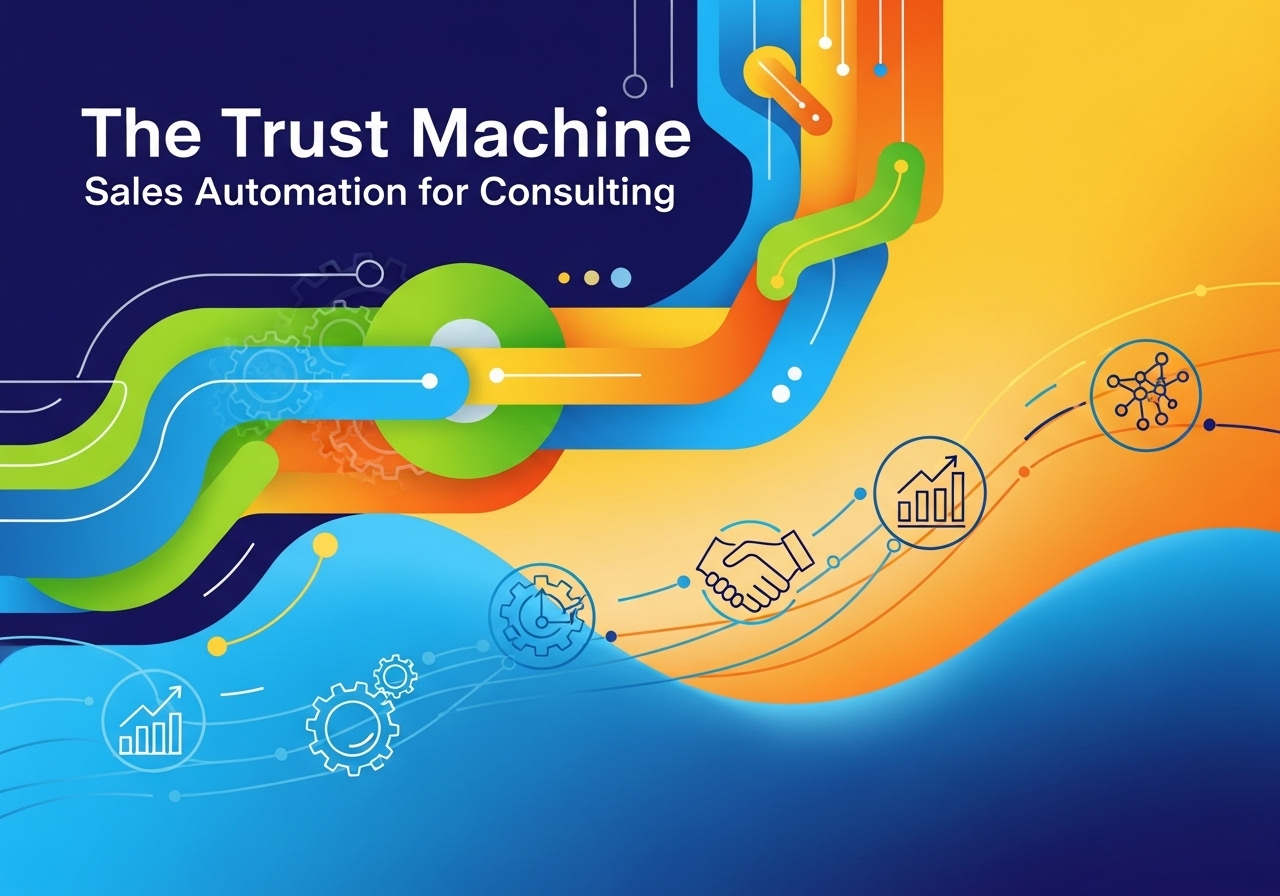
The German manufacturing industry, long a guarantor of stability and prosperity, is operating in a new world defined by volatility. Trade conflicts, rising tariffs, and relentless global competition are challenging traditional business models. In this environment, sales automation is proving to be not just another tool for increasing efficiency, but a fundamental strategic lever. Through the intelligent use of data and algorithms, companies can not only reduce administrative burdens but also proactively identify new markets, precisely predict customer needs, and design sales processes with unprecedented resilience. It is a quiet revolution that is transforming sales from a reactive cost center into a proactive value creation engine, thereby securing the future viability of the industrial location.
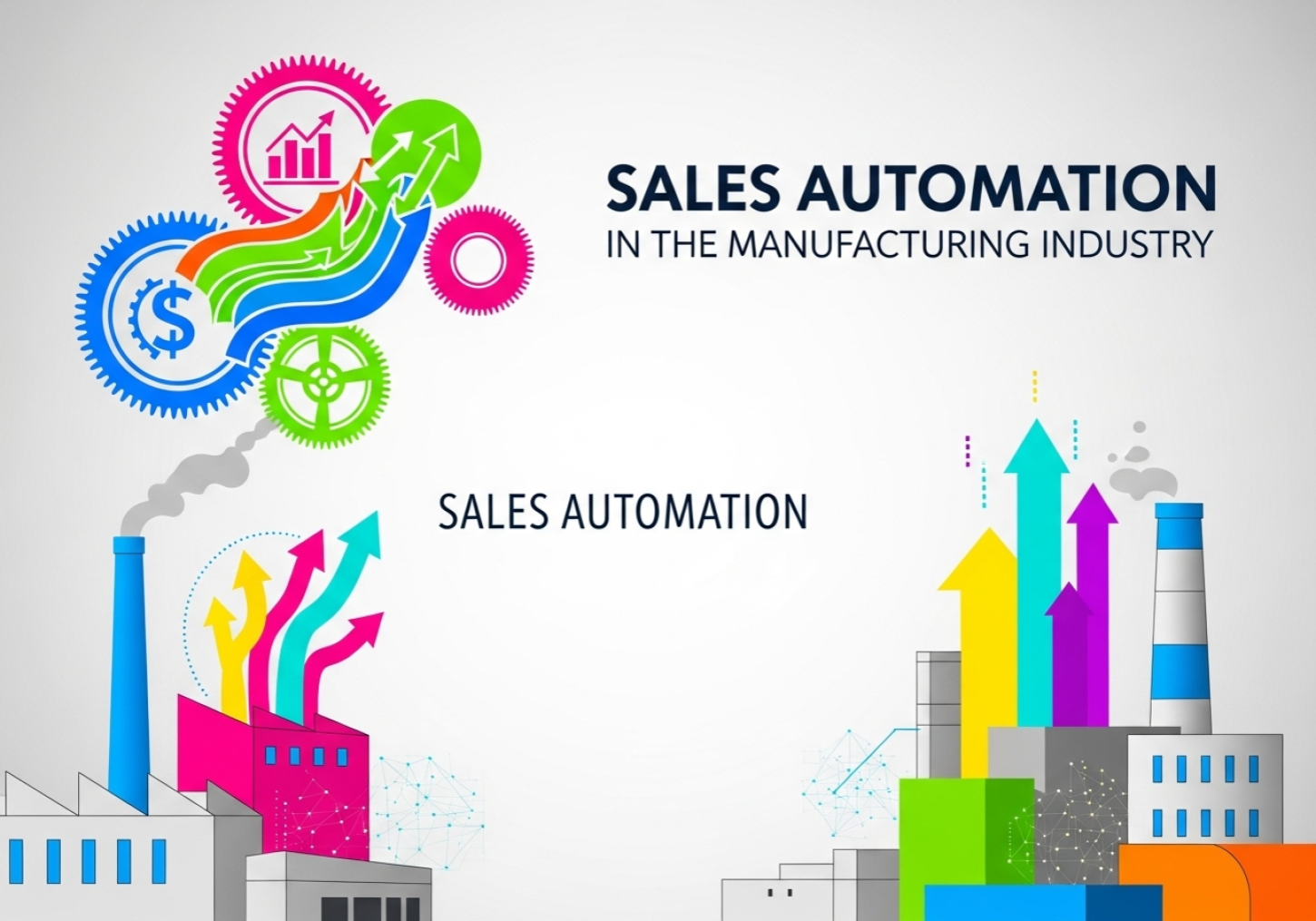
The advent of Artificial Intelligence, particularly through language models like ChatGPT, Gemini, and Claude, marks a turning point in B2B sales. This is no longer a distant vision of the future, but a current reality that is fundamentally changing sales processes. Companies that embrace these technologies as intelligent co-pilots and integrate them strategically are gaining a decisive competitive advantage. The ability to analyze vast amounts of data, create personalized communication at scale, and automate administrative tasks frees up valuable resources. Sales representatives can once again focus on their core competency: building sustainable customer relationships. This article analyzes why the use of these AI tools is no longer an option and how you can use them profitably.
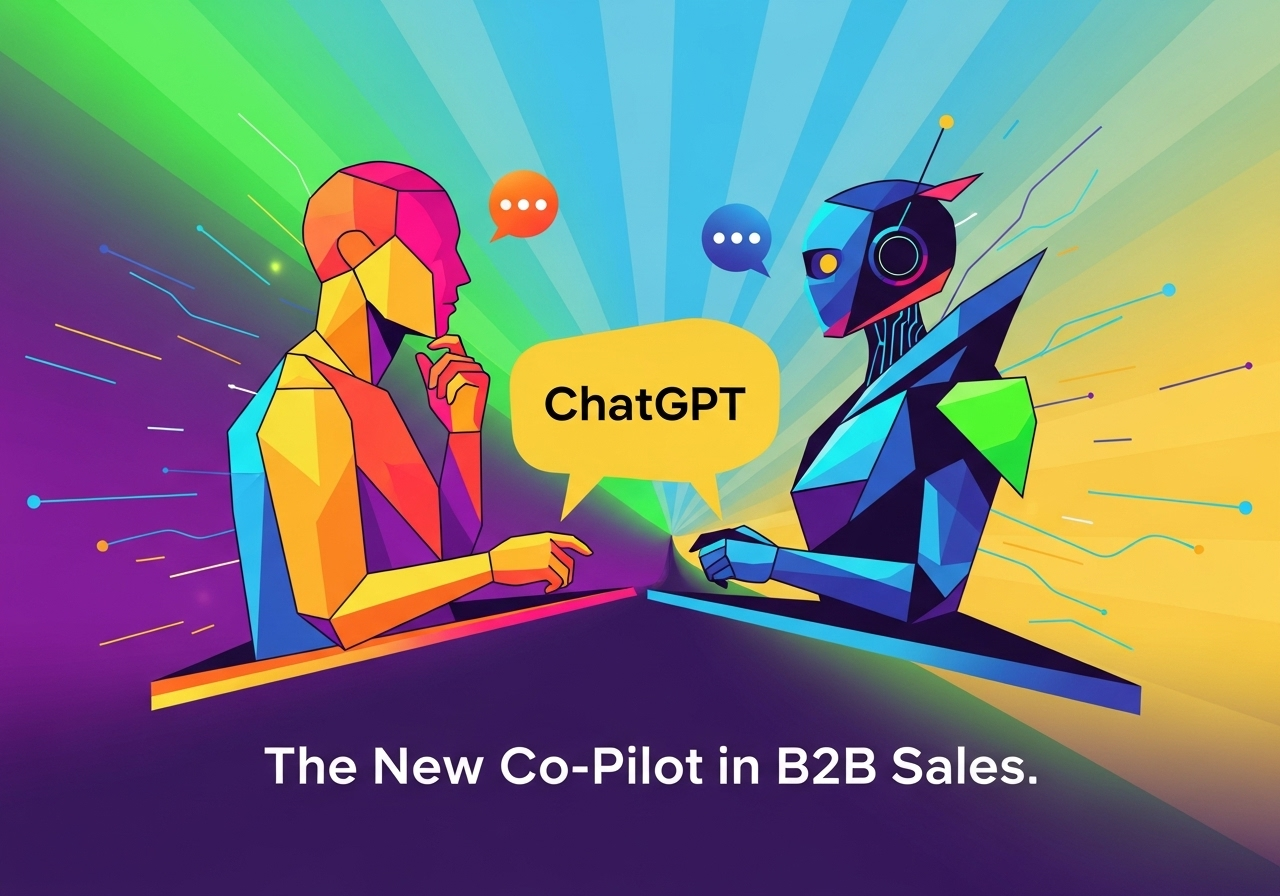
The discussion about artificial intelligence in B2B sales is often shaped by a false assumption: the idea of substitution. But AI is not replacing people; it is freeing them from routine and creating space for what truly matters. While algorithms handle data-driven analysis and qualification, deeply human skills are becoming the decisive resource. Empathy, strategic judgment, and the ability to solve complex customer problems are the new currency in sales. Successful companies see AI not as a threat, but as a tool that allows the salesperson to evolve from a mere information provider to a strategic partner for the customer. The art of selling is not dying; it is becoming more sophisticated, more strategic, and more human than ever before.
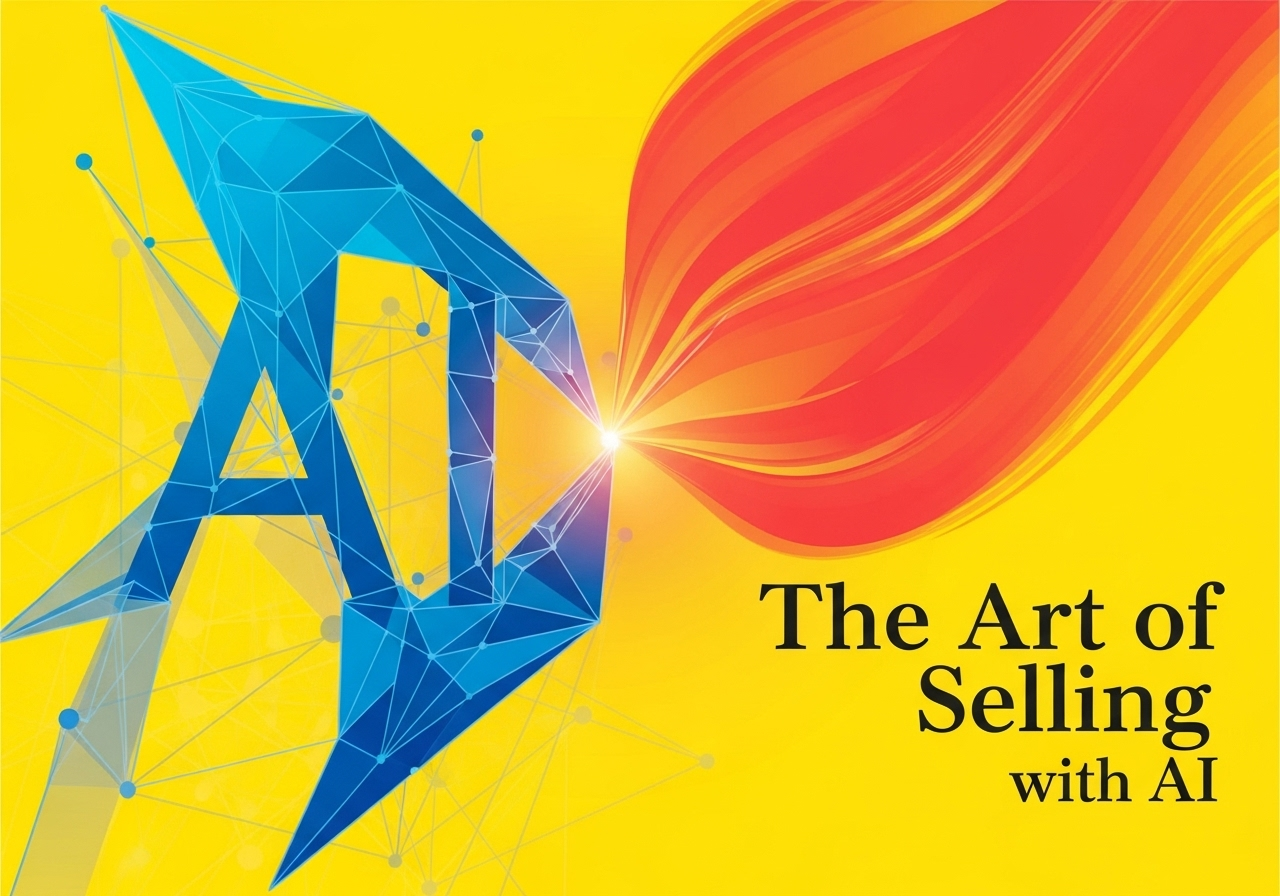
The LinkedIn Sales Navigator is indispensable for modern B2B sales, yet its full potential is rarely realized. Most sales organizations degrade this complex instrument into a digital address book for cold prospecting. They remain stuck in a reactive search for contact details instead of using it as a strategic cockpit for the entire sales process. This article illuminates the critical differences in application. It demonstrates how leading sales professionals transform the Sales Navigator from a mere search engine into a system for proactive signal intelligence. Learn to decipher subtle buying signals, identify relevant stakeholders at the right moment, and build your sales strategy on a new level of market insight.
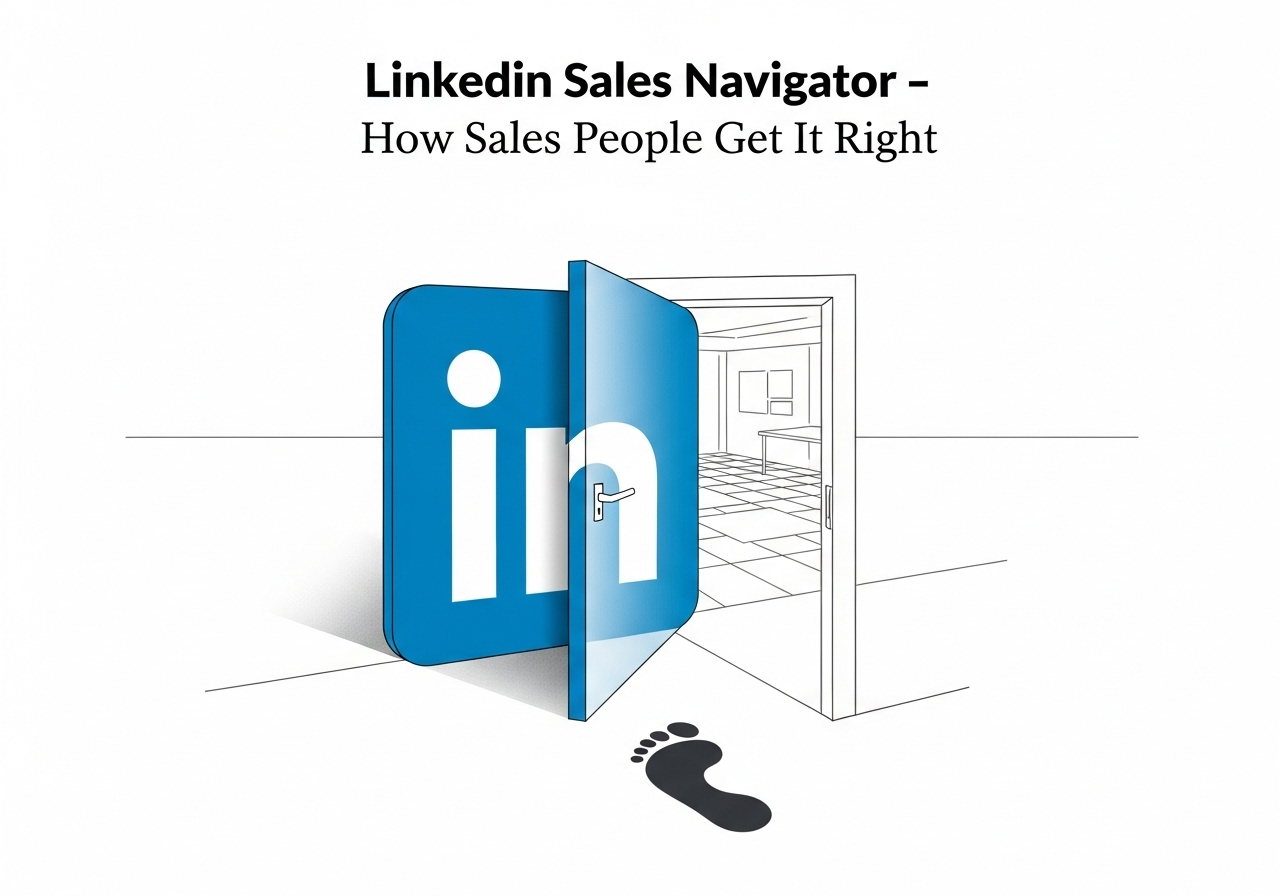
The Industrial Revolution fundamentally changed production, the internet communication. Now, sales is on the brink of a similarly epochal transformation driven by Artificial Intelligence. While public debate often superficially revolves around job displacement, the real transformation is happening within the structures and self-perception of sales organizations. This is not about automating the existing, but about redefining value creation. AI lays the groundwork for a shift away from pure transactions towards strategic consulting and profound customer development. Companies that grasp this change will not reduce their human capital, but deploy it on an entirely new, more sophisticated level, thus securing a decisive competitive advantage.
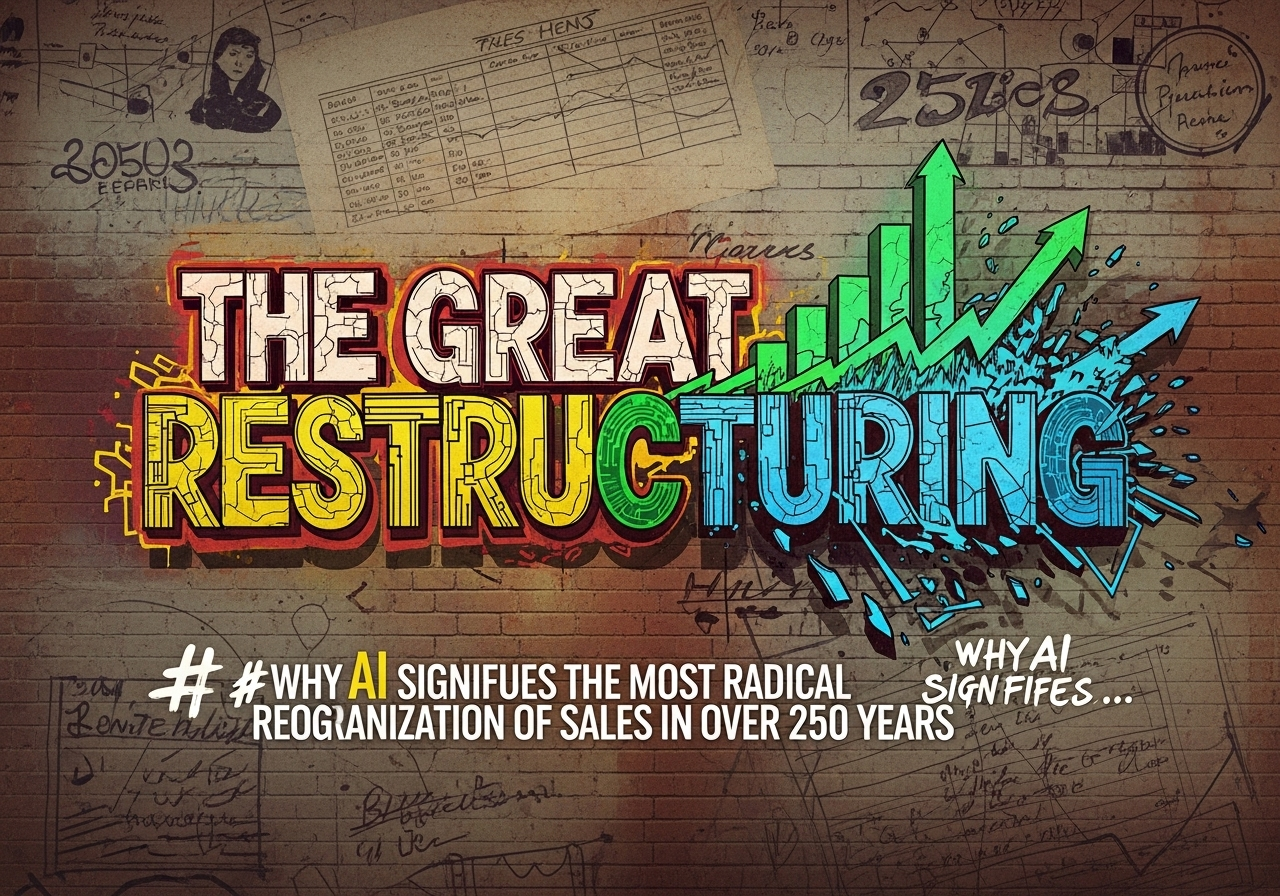
Digitalization has revolutionized the tools of B2B sales, yet the soul of acquisition seems to have been lost along the way. In a flood of generic emails and impersonal contact attempts, we are experiencing a deep crisis of relevance. Potential customers no longer respond to clumsy sales messages because they have learned to ignore them. The hunt for ever-higher contact numbers leads to a dead end. The way out lies in a radical reversal: selling by teaching. Successful companies no longer position themselves as sellers, but as strategic knowledge partners. They invest in understanding their target customers' business challenges and offer valuable insights long before a product is even discussed. This approach builds trust and relevance.
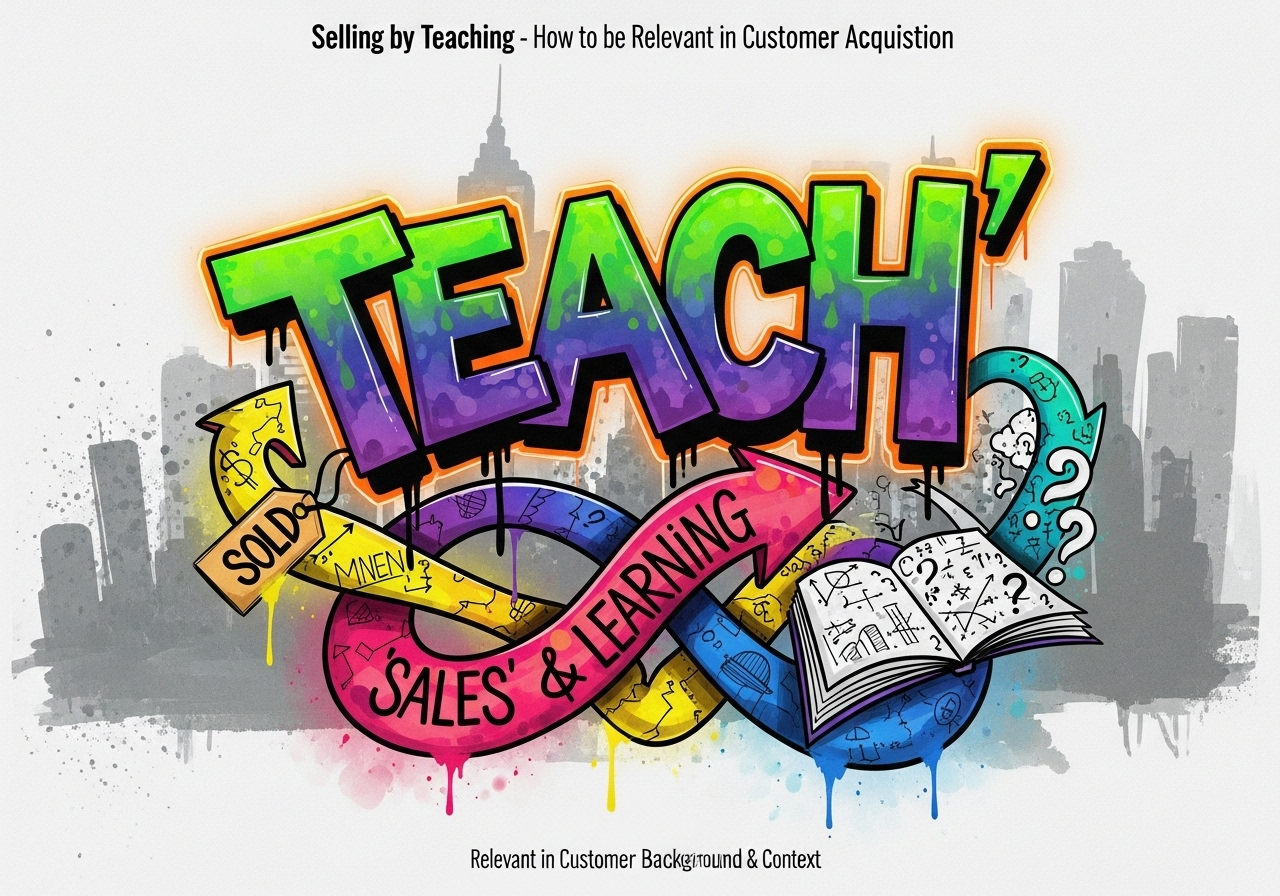
A quiet revolution is underway in modern cold email outreach. The strategic imperative is no longer to flood inboxes with sheer volume, but to initiate genuine conversations through precise, system-driven engagement. Successful sales organizations recognize that less is often more: they are tripling their response rates by sending fewer emails. This is achieved by shifting focus from the message itself to the foundation that enables its success: flawless technical infrastructure and profound strategic preparation. This transformation not only makes cold emailing more effective but also, with average costs around €18 per lead, significantly more cost-efficient than paid advertising channels.
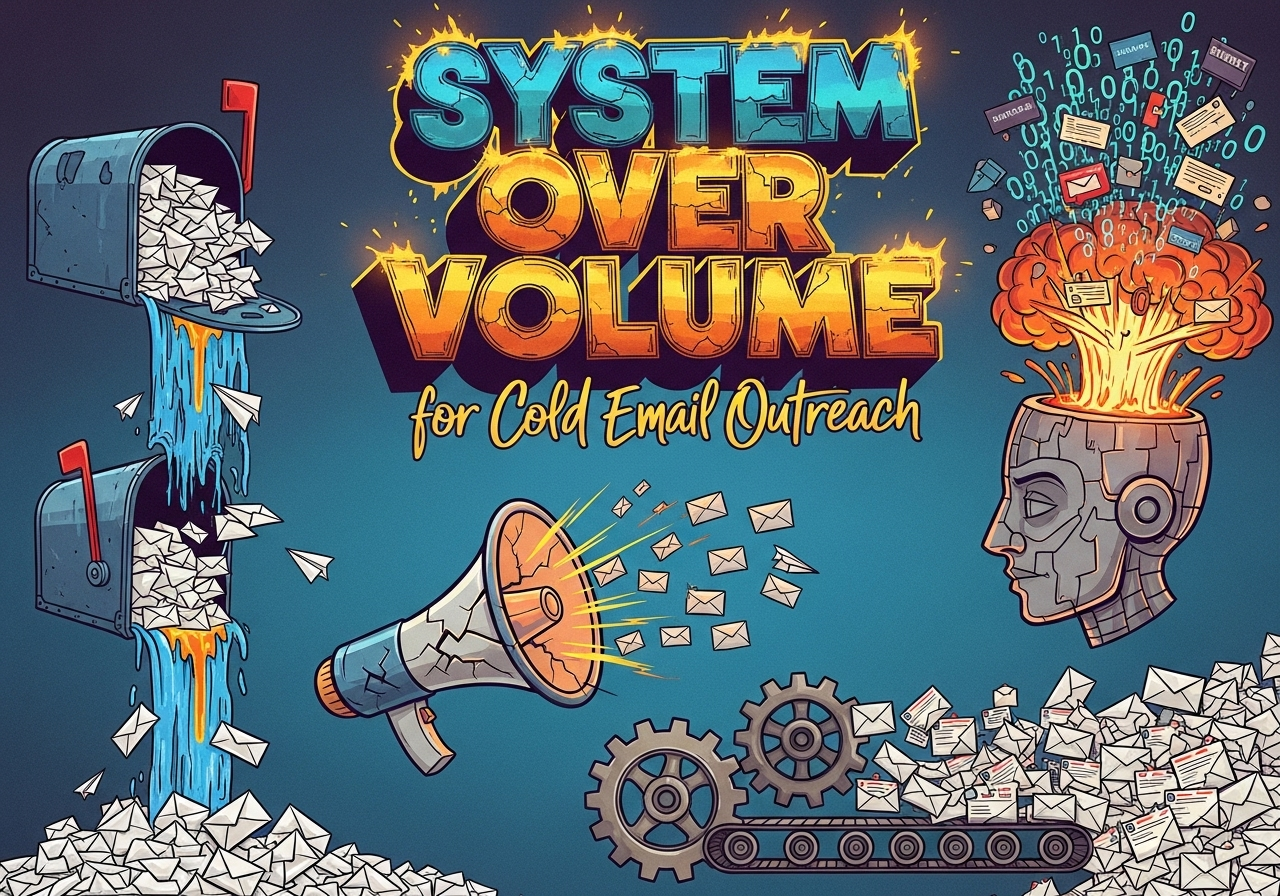
B2B sales acquisition is caught in a dilemma. On one hand, the costs for advertising are exploding; on the other, the manual search for customers is an inefficient time sink. This report analyzes the strategic solution: the transition from expensive clicks and tedious manual labor to intelligent, AI-powered lead search. Instead of spending large sums on unqualified clicks or wasting valuable time, leading companies use specialized AI platforms to precisely identify matching firms, find the right decision-makers, and obtain their contact details. This is the fundamental realignment of sales, away from the cost trap and towards a data-driven, highly efficient growth engine for 2025 and beyond.
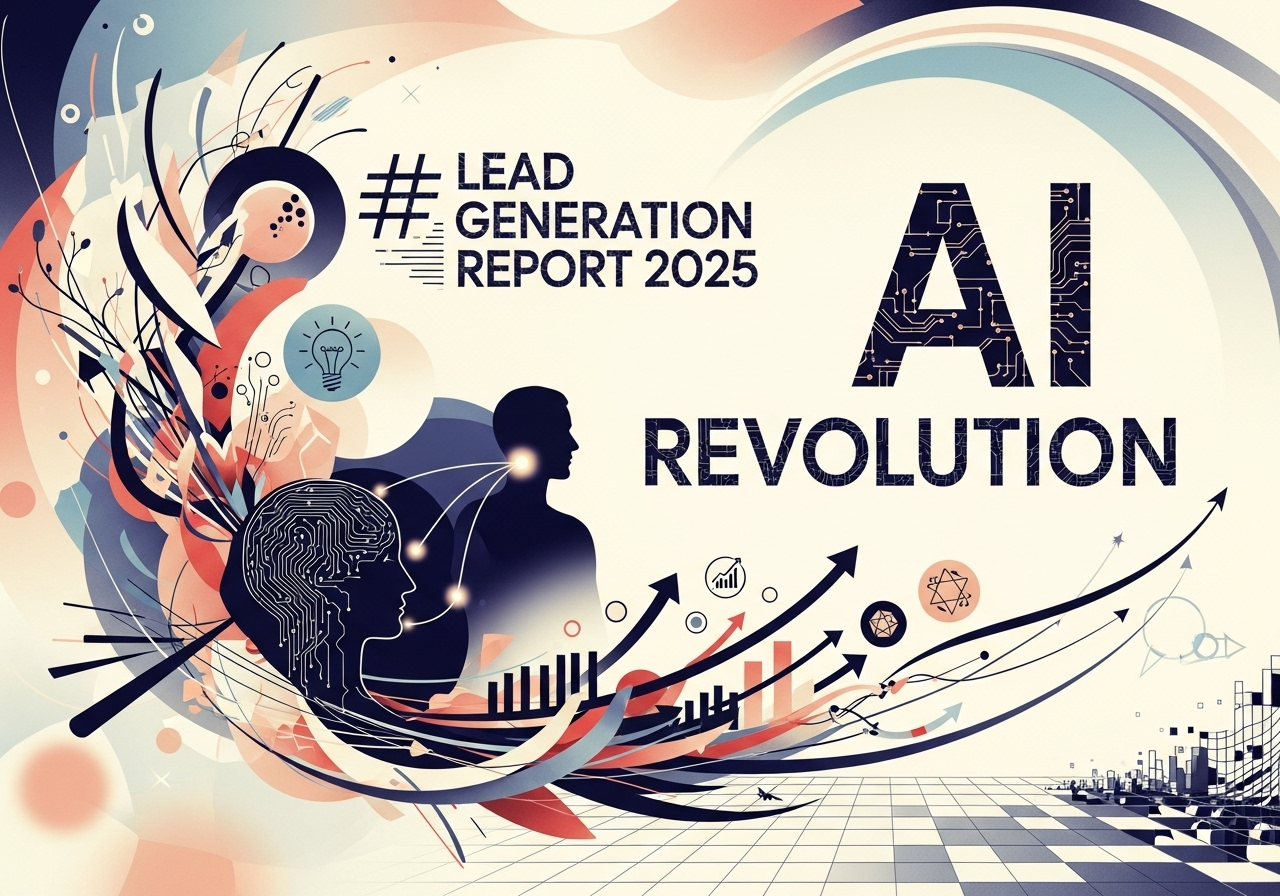
Digitalization has turned B2B sales into a sea of data. Companies are investing heavily in systems to capture every digital twitch of potential customers. Yet, this flood of information leads to a paradox: instead of clarity, it often creates only noise. Obvious "triggers," like a white paper download, are overvalued, leading to premature, impersonal contact attempts. Today, the real strategic advantage lies not in collecting more data, but in the ability to reduce and interpret it. It's about recognizing the quiet, often inconspicuous signals that indicate a genuine readiness to buy, and understanding customer hesitation not as rejection, but as a decisive phase of deliberation.

The digital deluge has flooded inboxes and minimized the attention span of decision-makers. Many B2B companies have therefore declared email outreach obsolete. This is a fatal mistake. The post-digital sales era proves the opposite: the channel isn't the problem, the method is. While crude mass emails are definitively losing their impact, we are witnessing the renaissance of intelligent, data-driven email outreach. Successful companies no longer think in isolated channels but are re-orchestrating entire sales models. They use intelligent automation not to replace humans, but to free them from repetitive tasks and place them back at the center of value-creating interaction.
